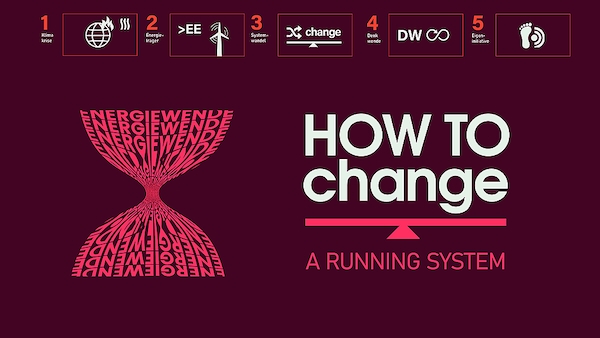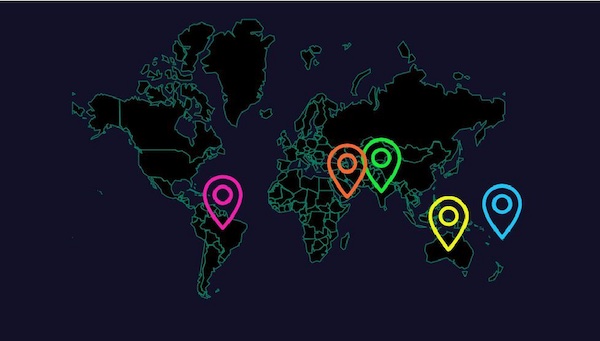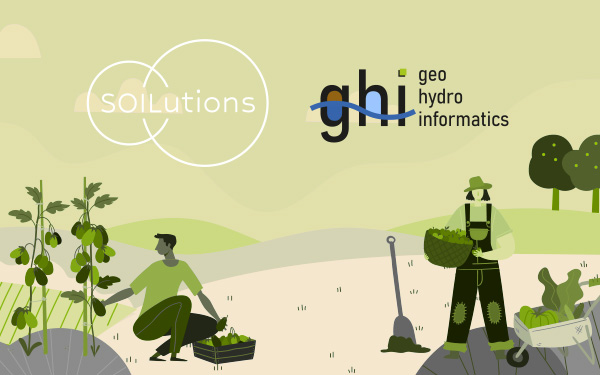
SOILutions
Soil provides 99% of the food we humans eat, yet we treat it like dirt. Do you want to know how you can change that? You are at home here!
Go to courseWhat to expect
The SOILutions project aims at making soil health education accessible to a wider audience, in addition to students and researchers of soil and environmental sciences. In this project, experiments on various soil related challenges and solutions will be conducted. These include soil salinity, microplastics pollution and other soil health improvement strategies. The experiments are accessible in open domain through the HOOU platform in the form of text and video content. The insights gained in this project can form the basis for research projects for researchers and project work and theses for students. The documentation from the project can also serve as a laboratory guideline for laboratory-based modules. This project and its output will be integrated into the modules ‘Water and Environment: Theory and Application’ and ‘Emerging Trends in Environmental Engineering’ offered by the Institute of Geo-Hydroinformatics at the Hamburg University of Technology TUHH.
Learning objectives
The learning goals of the SOILutions project can be summarised under the following points:
- To learn about the importance of healthy soils for global food security
- To identify soil salinity and microplastic contamination as soil health challenges
- To gain practical insights into the use of compost for improving soil health
- To develop an overview of the different aspects of soil health for possible future research
Learning method
The project follows the research-based learning approach, with the main learning output consisting of three e-learning videos which talk about important soil health related topics. The videos cover three different experiments that were conducted at the Institute of Geo-Hydroinformatics (TUHH). With the help of the e-learning videos, the audience can follow the experiments step by step and gain insights into the topics covered by the experiments. The experiments are designed in such a way that makes them easy to follow for the audience. With a do it yourself or assisted do it yourself in laboratory experimental design, the project aims at imparting soil health education through visualized remote laboratory education.
More info
Tavseef Mairaj Shah
Prof. Nima Shokri
Related courses
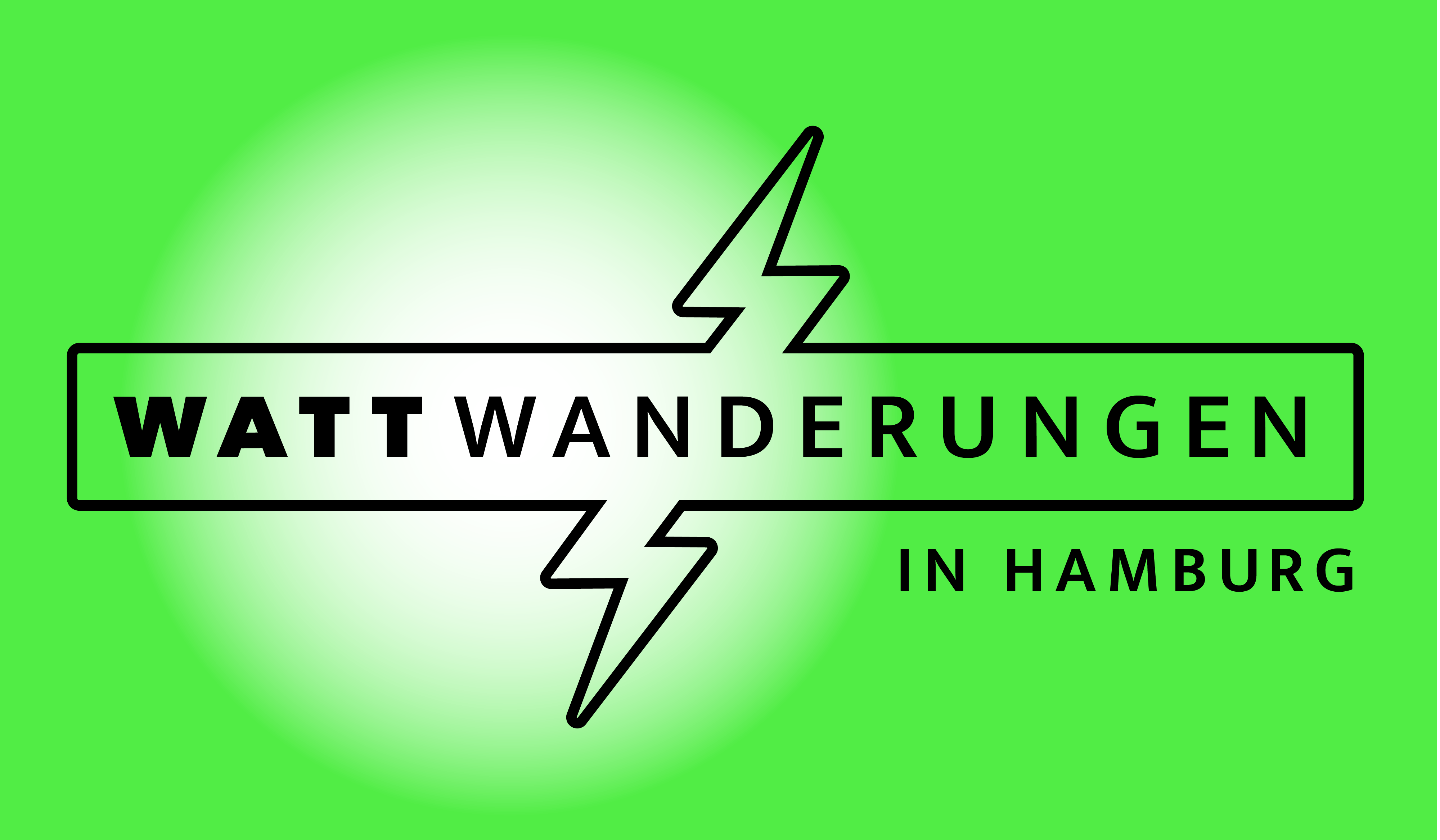
Go to course
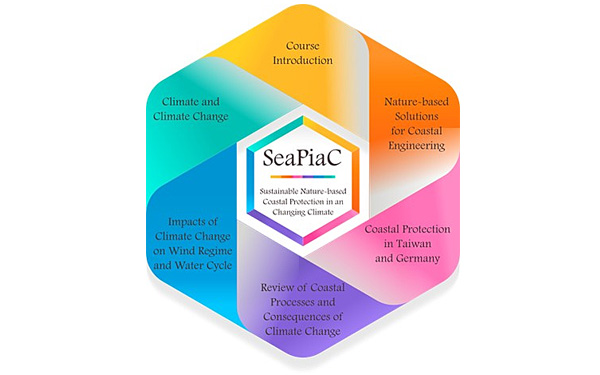
Go to course
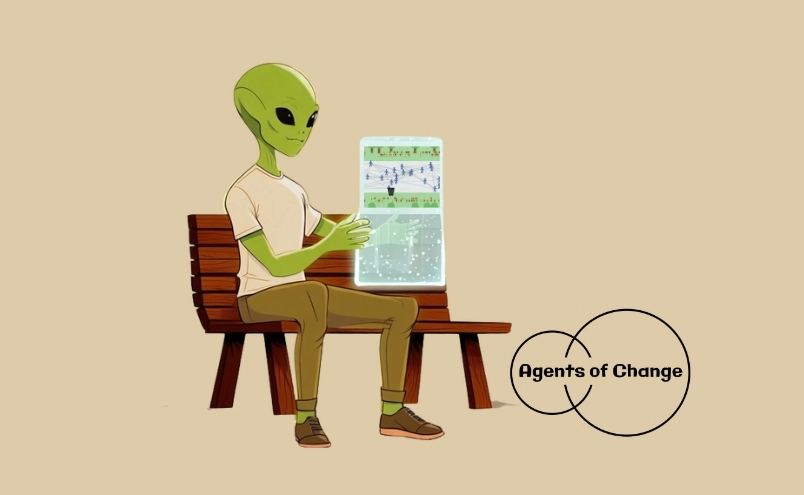
Go to course
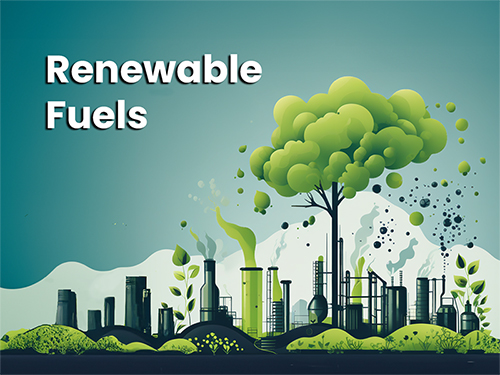
Go to course
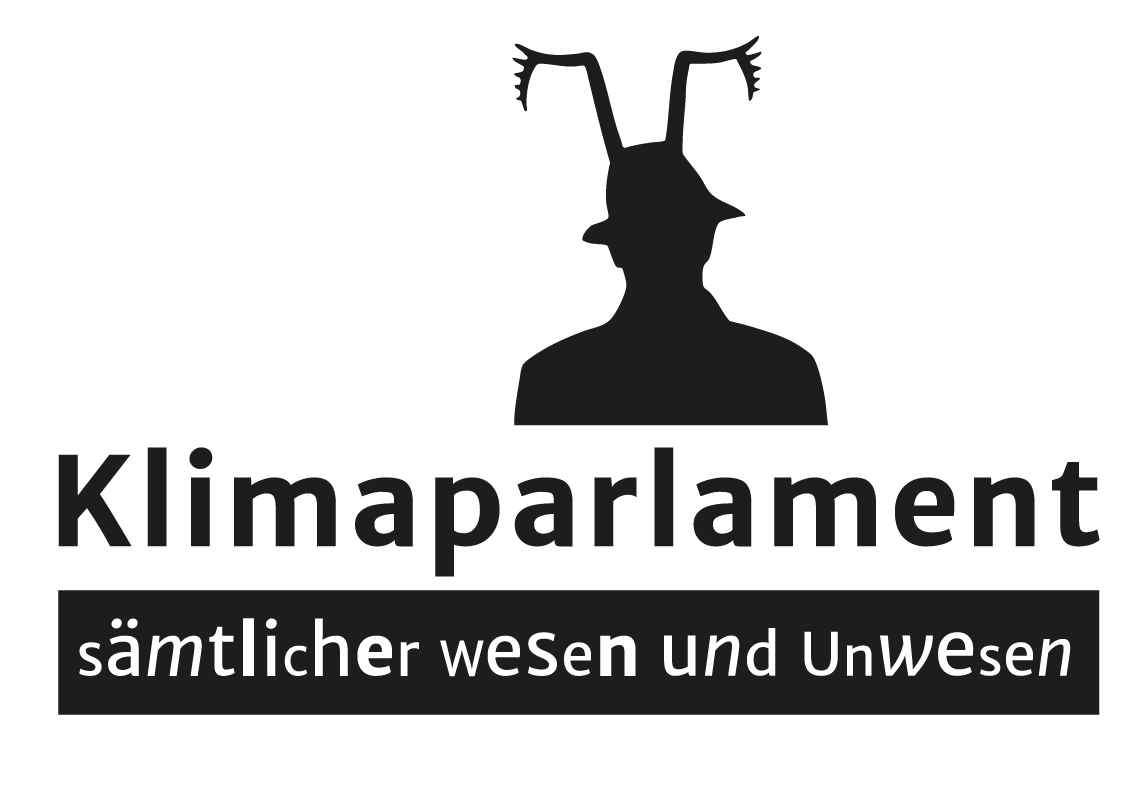
Go to course
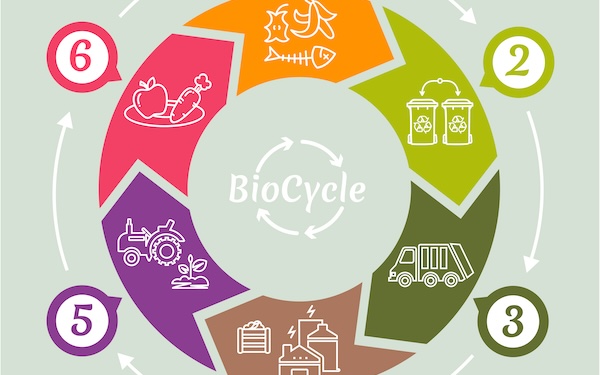
Go to course
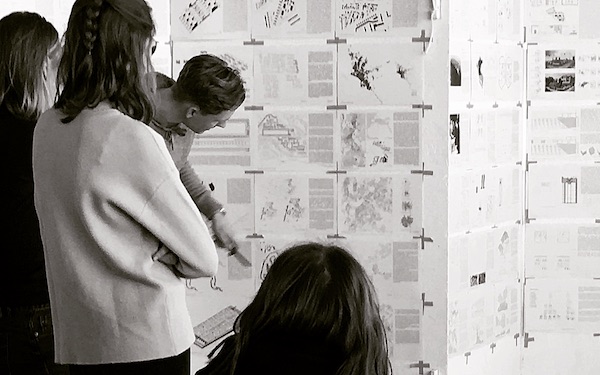
Go to course
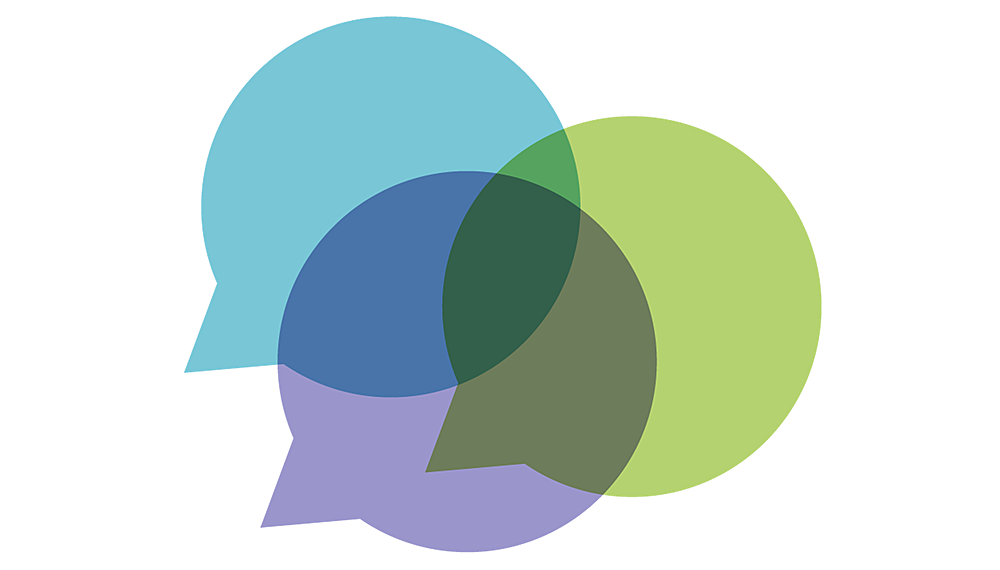
Go to course
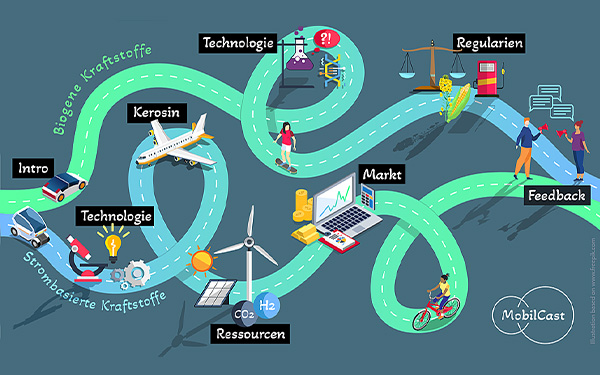
Go to course

Go to course
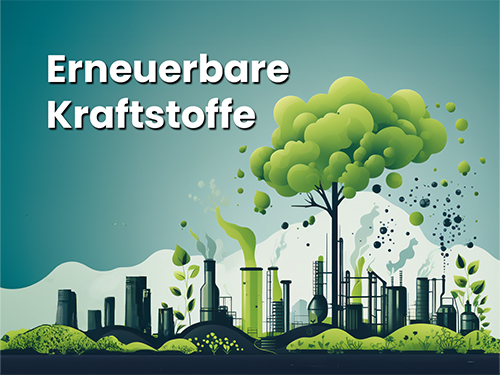
Go to course

Go to course
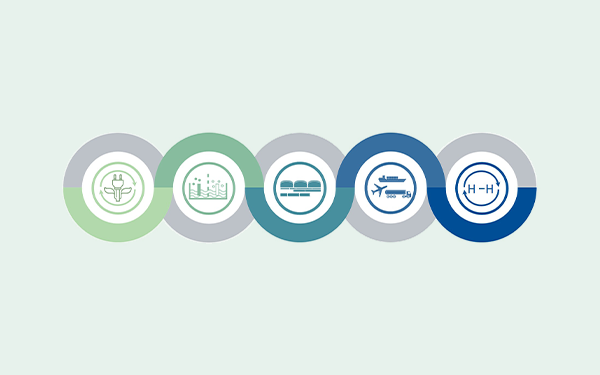
Go to course
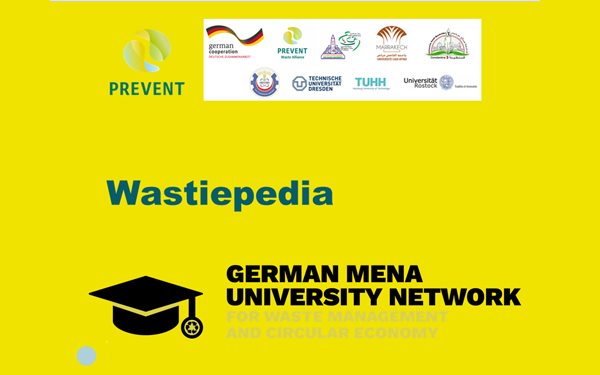
Go to course
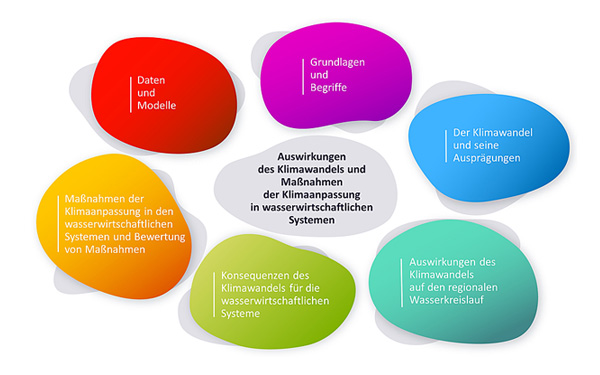
Go to course
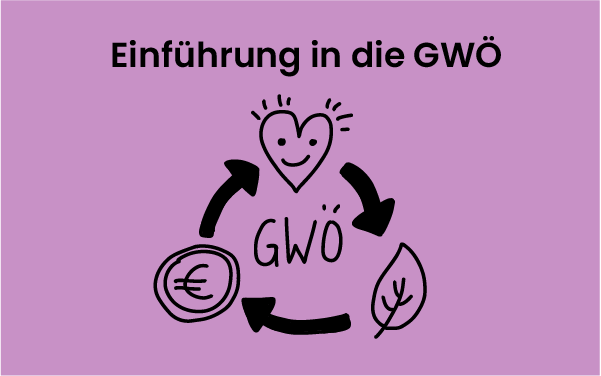
Go to course
